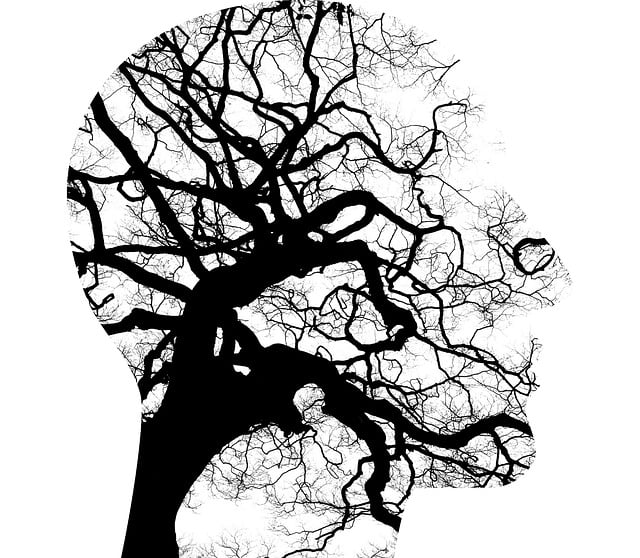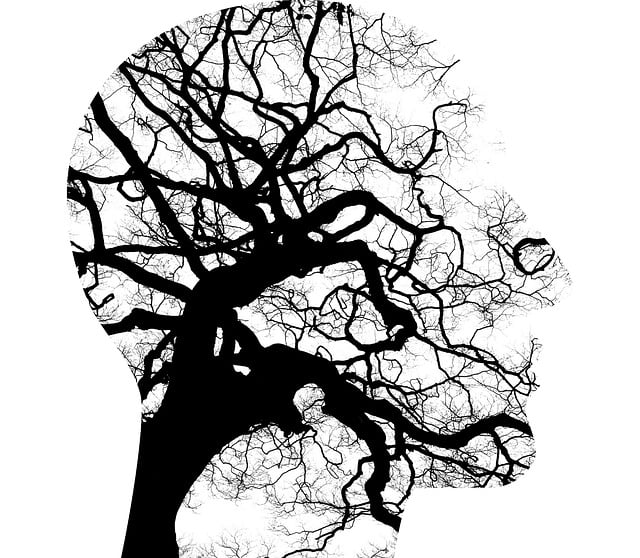In today's diverse healthcare landscape, cultural competency, as demonstrated by organizations like Lakewood International Adoptions Therapy, is vital for delivering effective patient care. This involves understanding and respecting cultural differences in health beliefs, practices, and behaviors. By prioritizing cultural competency, healthcare providers can create inclusive environments, improve patient outcomes, and boost self-esteem among diverse populations. Lakewood International Adoptions Therapy serves as a leader in cultural competence training, offering interactive workshops, podcasts, and advocacy to empower mental health professionals. Through continuous learning, reflection, and evaluation, they ensure respectful, culturally sensitive care tailored to patients' specific needs, fostering trust and stronger caregiver-patient relationships. This holistic approach benefits both patients and healthcare providers, contributing to improved mental wellness outcomes in diverse communities.
Healthcare provider cultural competency training is an essential framework for delivering equitable care. In today’s diverse society, understanding different cultural contexts is vital to bridging healthcare disparities. This article explores the critical role of organizations like Lakewood International Adoptions Therapy in training professionals. We discuss key components of effective programs, benefits for patients and providers, and strategies for continuous improvement, emphasizing the real-world impact of cultural competency.
- Understanding Cultural Competency in Healthcare: A Necessary Framework
- The Role of Lakewood International Adoptions Therapy in Training Professionals
- Key Components of Effective Cultural Competency Programs
- Benefits for Patients and Providers: Real-World Impact
- Implementing and Evaluating Change: Continuous Improvement Strategies
Understanding Cultural Competency in Healthcare: A Necessary Framework

In today’s diverse healthcare landscape, cultural competency is no longer an option but an essential framework for delivering quality patient care. It involves understanding and appreciating the cultural differences that shape individuals’ health beliefs, practices, and behaviors. At Lakewood International Adoptions Therapy, we recognize that effective communication and empathy are key to bridging these gaps. By fostering cultural competency, healthcare providers can create a more inclusive environment, improve patient outcomes, and enhance self-esteem improvement among diverse populations.
This holistic approach extends beyond language proficiency, encompassing social skills training and burnout prevention strategies. It encourages providers to consider the unique needs of patients from various ethnic, racial, religious, and socio-economic backgrounds. Through continuous learning and reflection, healthcare professionals can navigate these cultural nuances, ensuring that every patient receives respectful, culturally sensitive care tailored to their specific requirements. This not only fosters trust but also strengthens relationships between caregivers and those they serve.
The Role of Lakewood International Adoptions Therapy in Training Professionals

Lakewood International Adoptions Therapy plays a pivotal role in equipping professionals with the tools to navigate diverse cultural landscapes effectively. This specialized therapy center has long been recognized for its innovative approach, offering comprehensive training programs that delve into complex issues surrounding cross-cultural interactions. Through interactive workshops and insightful discussions, Lakewood International Adoptions Therapy fosters an environment where mental health professionals can enhance their understanding of various cultural nuances, thereby improving patient care.
Their Mental Wellness Podcast Series Production and Risk Management Planning for Mental Health Professionals initiatives further underscore their commitment to continuous learning. By sharing expert insights and real-world experiences, these resources empower practitioners to address the unique challenges faced by individuals from different backgrounds. This holistic training approach not only contributes to improved mental wellness but also ensures that healthcare providers are better equipped to offer sensitive and effective support in a multicultural society.
Key Components of Effective Cultural Competency Programs

Effective cultural competency programs in healthcare are multifaceted and essential for creating inclusive environments that cater to a diverse patient population. One key component is Lakewood International Adoptions Therapy’s emphasis on fostering cultural awareness, encouraging staff to embrace differences and challenge their own biases. This involves continuous education and training sessions that delve into various cultural contexts, traditions, and practices. By promoting active listening and open communication, healthcare providers can build stronger connections with patients from different backgrounds, ensuring tailored care.
Additionally, these programs should incorporate practical strategies for burnout prevention in light of the demanding nature of healthcare work. Encouraging mental wellness through journaling exercises and providing guidance on stress management techniques are valuable tools. Integrating Mental Health Policy Analysis and Advocacy into training ensures that participants understand the broader implications of cultural competency within healthcare systems, empowering them to contribute to positive changes at both individual and policy levels.
Benefits for Patients and Providers: Real-World Impact

Cultural competency training in healthcare benefits both patients and providers alike. By understanding and appreciating diverse cultural backgrounds, healthcare professionals can create a more inclusive environment that promotes better patient care. This is particularly significant in communities like Lakewood International Adoptions Therapy where individuals come from various ethnic and cultural origins. When providers are culturally competent, they can tailor their approach to meet the unique needs of each patient, ensuring effective communication and building trust.
This training equips healthcare workers with the skills to navigate sensitive cultural topics, recognize potential biases, and offer unbiased care. It fosters an environment where patients feel heard, respected, and understood, leading to improved adherence to treatment plans and enhanced mental wellness. In fact, studies have shown that culturally competent care can reduce health disparities and improve overall emotional well-being promotion techniques. Moreover, such training encourages providers to go beyond basic healthcare delivery, contributing to a more holistic understanding of their patients’ lives and experiences.
Implementing and Evaluating Change: Continuous Improvement Strategies

Implementing and evaluating change is a dynamic process that forms a crucial component of effective cultural competency training for healthcare providers at Lakewood International Adoptions Therapy. Continuous improvement strategies, grounded in regular assessment and feedback mechanisms, enable the organization to adapt to evolving cultural landscapes and meet the diverse needs of its clientele. By fostering an environment where open dialogue and constructive criticism are encouraged, staff can navigate complex issues such as trauma support services, conflict resolution techniques, and mental illness stigma reduction efforts with enhanced sensitivity and proficiency.
Regular training sessions that incorporate interactive workshops, case studies, and role-playing scenarios not only equip healthcare providers with the necessary tools but also create opportunities for peer learning and collective growth. Evaluating the impact of these training initiatives through post-program surveys, focus groups, and performance metrics allows for a data-driven approach to measure progress and identify areas requiring further attention. This iterative process ensures that Lakewood International Adoptions Therapy remains at the forefront of delivering culturally competent care, ultimately enhancing the overall quality of services provided to adoptive families and individuals in need.
Cultural competency training, as demonstrated by the innovative programs at Lakewood International Adoptions Therapy, is no longer a choice but an imperative in healthcare. By equipping providers with the skills to navigate diverse patient backgrounds, we foster better communication, improved outcomes, and enhanced cultural understanding. Key components like community engagement, ongoing education, and integrated evaluation strategies ensure these programs remain dynamic and effective. Investing in cultural competency benefits both patients and providers, creating a more inclusive and responsive healthcare system that reflects the rich tapestry of our communities.














